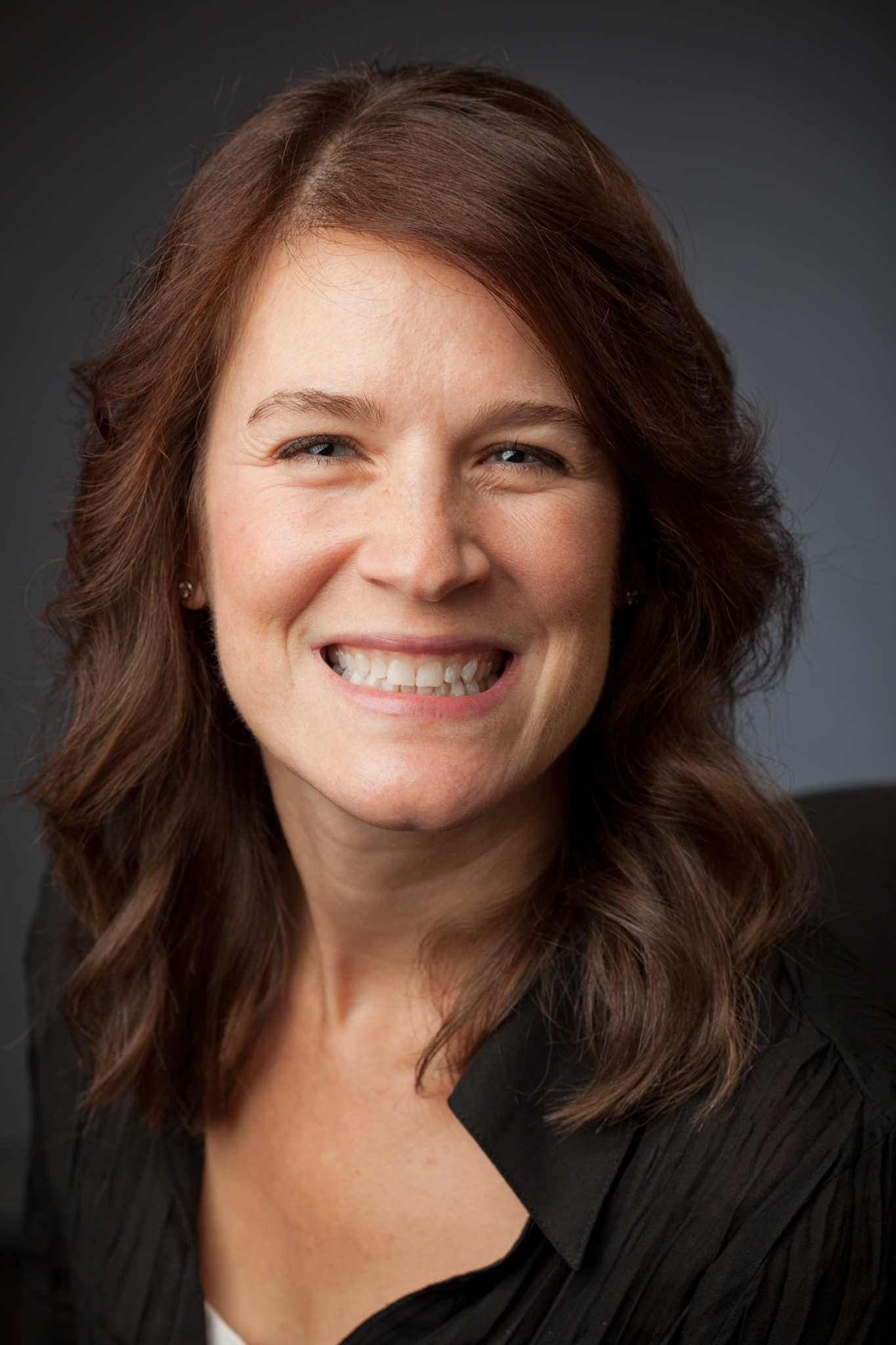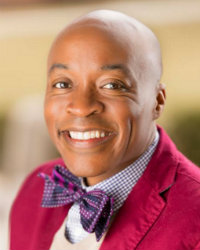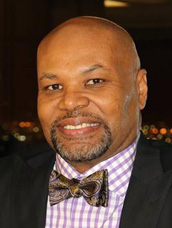
Featured Speakers
 Penny Pasque, PhD is head of the Department of Educational Leadership, Policy, and Human Development in July 2017. Previously, she
was the Brian E. & Sandra O’Brien Presidential Professor and program area coordinator of Adult and Higher Education in the Department of Educational Leadership and Policy Studies at the University of Oklahoma. She also served as a core
faculty member for Women’s and Gender Studies in the University of Oklahoma’s Center for Social Justice. Facilitating intergroup dialogues: Bridging differences, catalyzing change helping others recognize and address privilege and
power in the academy and in society are central to her work. Pasque's research focuses on higher education organization and administration, educational equity and diversity, qualitative inquiry, and the relationships between higher education and
society. Her publications include nearly 100 books, monographs, articles, reviews, chapters, and academic papers. She earned her PhD from the Center for the Study of Higher and Postsecondary Education from the University of Michigan, holds a Master
of Science in Communication from Syracuse University, and conferred her Bachelor of Science in Communication from Eastern Michigan University.
Penny Pasque, PhD is head of the Department of Educational Leadership, Policy, and Human Development in July 2017. Previously, she
was the Brian E. & Sandra O’Brien Presidential Professor and program area coordinator of Adult and Higher Education in the Department of Educational Leadership and Policy Studies at the University of Oklahoma. She also served as a core
faculty member for Women’s and Gender Studies in the University of Oklahoma’s Center for Social Justice. Facilitating intergroup dialogues: Bridging differences, catalyzing change helping others recognize and address privilege and
power in the academy and in society are central to her work. Pasque's research focuses on higher education organization and administration, educational equity and diversity, qualitative inquiry, and the relationships between higher education and
society. Her publications include nearly 100 books, monographs, articles, reviews, chapters, and academic papers. She earned her PhD from the Center for the Study of Higher and Postsecondary Education from the University of Michigan, holds a Master
of Science in Communication from Syracuse University, and conferred her Bachelor of Science in Communication from Eastern Michigan University.
 Stephen John Quaye, PhD is an associate professor at Miami University of Ohio. Dr. Quaye
focuses on understanding how students can engage difficult issues (e.g., privilege, oppression, power) civilly and honestly, as well as how storytelling is used as an educational tool to foster reflection and learning across differences. He also
is interested in the strategies educators use to facilitate these dialogues and what they learn about themselves in the process. Dr. Quaye is a firm believer in leadership and voices that engage in activism. Making passive statements that express
the value of diversity, remorse for making mistakes or outrage about oppression are insufficient. Lives are at stake. Lives matter, specifically those that have been denied spaces and are seen as problems (e.g., Black lives, trans* lives, the
lives of sexual assault victims). As past president of the American College Personnel Association (ACPA), he led the organization into a bolder, more thoughtful and active professional community that sees ties between humanity to champion equity,
inclusion, and diversity within and beyond ACPA, continually challenging oppression, and practice vulnerability publicly (e.g., the 2017 launching of ACPA’s strategic initiative on racial justice). His work is published in different venues,
including The Review of Higher Education, Teachers College Record, the Journal of College Student Development, and Equity & Excellence in Education. He is co-editor of the second edition of Student Engagement in Higher Education: Theoretical
Perspectives and Practical Approaches for Diverse Populations (with Shaun R. Harper). He holds degrees from The Pennsylvania State University (PhD), Miami University (MS), and James Madison University (BS).
Stephen John Quaye, PhD is an associate professor at Miami University of Ohio. Dr. Quaye
focuses on understanding how students can engage difficult issues (e.g., privilege, oppression, power) civilly and honestly, as well as how storytelling is used as an educational tool to foster reflection and learning across differences. He also
is interested in the strategies educators use to facilitate these dialogues and what they learn about themselves in the process. Dr. Quaye is a firm believer in leadership and voices that engage in activism. Making passive statements that express
the value of diversity, remorse for making mistakes or outrage about oppression are insufficient. Lives are at stake. Lives matter, specifically those that have been denied spaces and are seen as problems (e.g., Black lives, trans* lives, the
lives of sexual assault victims). As past president of the American College Personnel Association (ACPA), he led the organization into a bolder, more thoughtful and active professional community that sees ties between humanity to champion equity,
inclusion, and diversity within and beyond ACPA, continually challenging oppression, and practice vulnerability publicly (e.g., the 2017 launching of ACPA’s strategic initiative on racial justice). His work is published in different venues,
including The Review of Higher Education, Teachers College Record, the Journal of College Student Development, and Equity & Excellence in Education. He is co-editor of the second edition of Student Engagement in Higher Education: Theoretical
Perspectives and Practical Approaches for Diverse Populations (with Shaun R. Harper). He holds degrees from The Pennsylvania State University (PhD), Miami University (MS), and James Madison University (BS).
 William A. Smith, PhD is head of the Education, Culture, and Society Department (ECS) at the University of Utah. As a researcher
with national and international distinction is highly regarded. He also serves as the Associate Dean for Diversity, Access, & Equity in the College of Education as well as the Special Assistant to the President & NCAA Faculty Athletics
Representative. Dr. Smith is the co-editor (with Philip Altbach & Kofi Lomotey) of the book, The Racial Crisis in American Higher Education: The Continuing Challenges for the 21st Century (2002). His work primarily focuses on his theoretical
contribution of Racial Battle Fatigue (RBF), which are the cumulative emotional, psychological, physiological, and behavioral effects that racial microaggressions have on people of color. Dr. Smith’s work has appeared in such journals as
The Journal of Negro Education, Harvard Educational Review, Educational Administration Quarterly, and American Behavioral Scientist. Dr. Smith is a former postdoctoral fellow for both the Ford Foundation and the Center for Urban Educational Research
and Development at the University of Illinois at Chicago and a former Research Associate with the CHOICES Project at the University of California, Los Angeles. He received his undergraduate and master’s degrees from Eastern Illinois University
(BA in Psychology and MS in Guidance and Counseling) and his PhD from the University of Illinois at Urbana-Champaign in Educational Policy Studies with concentrations in Sociology and Social Psychology of Higher Education.
William A. Smith, PhD is head of the Education, Culture, and Society Department (ECS) at the University of Utah. As a researcher
with national and international distinction is highly regarded. He also serves as the Associate Dean for Diversity, Access, & Equity in the College of Education as well as the Special Assistant to the President & NCAA Faculty Athletics
Representative. Dr. Smith is the co-editor (with Philip Altbach & Kofi Lomotey) of the book, The Racial Crisis in American Higher Education: The Continuing Challenges for the 21st Century (2002). His work primarily focuses on his theoretical
contribution of Racial Battle Fatigue (RBF), which are the cumulative emotional, psychological, physiological, and behavioral effects that racial microaggressions have on people of color. Dr. Smith’s work has appeared in such journals as
The Journal of Negro Education, Harvard Educational Review, Educational Administration Quarterly, and American Behavioral Scientist. Dr. Smith is a former postdoctoral fellow for both the Ford Foundation and the Center for Urban Educational Research
and Development at the University of Illinois at Chicago and a former Research Associate with the CHOICES Project at the University of California, Los Angeles. He received his undergraduate and master’s degrees from Eastern Illinois University
(BA in Psychology and MS in Guidance and Counseling) and his PhD from the University of Illinois at Urbana-Champaign in Educational Policy Studies with concentrations in Sociology and Social Psychology of Higher Education.